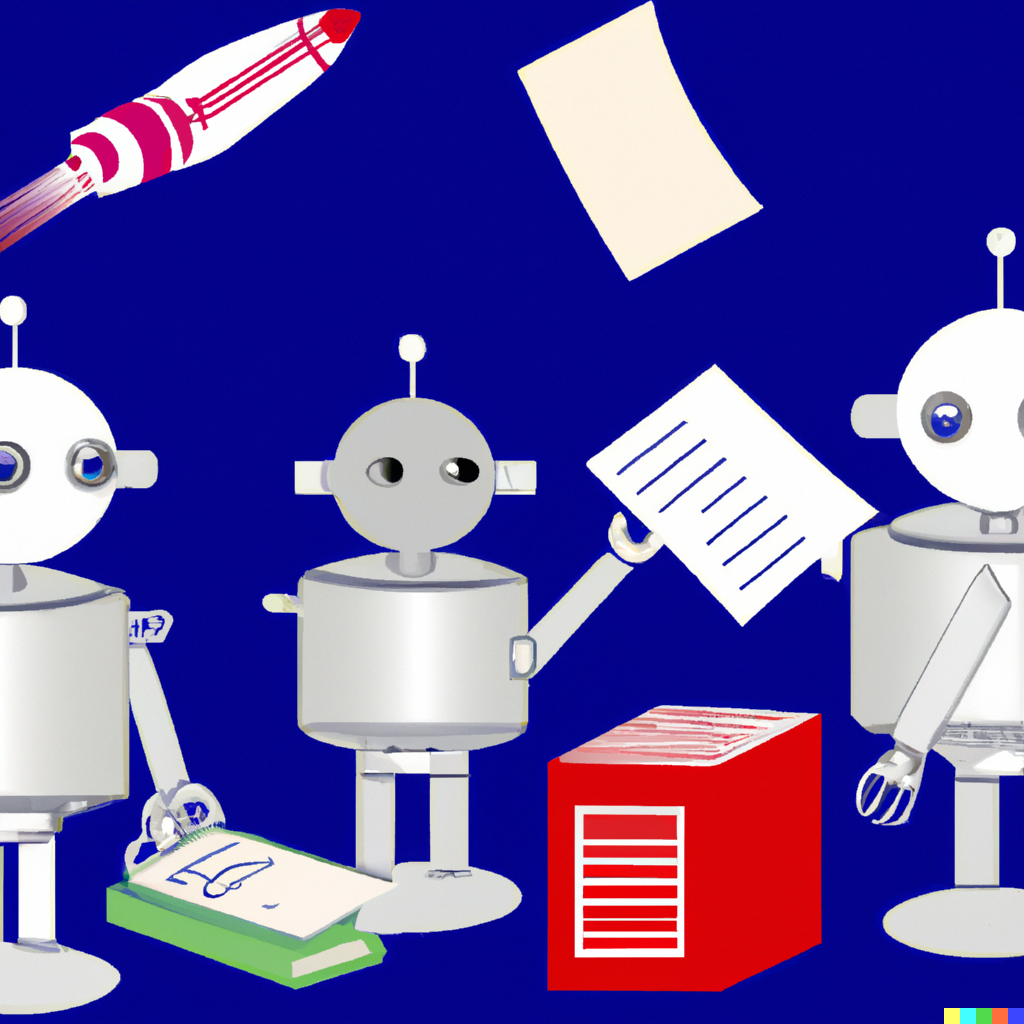Ai
17 Nov 2023
AI
I. Introduction
In the ever-evolving landscape of education, the role of Artificial Intelligence (AI) has become increasingly prominent. This essay explores the specific relevance of AI in the field of Software Engineering, focusing on its application in ICS 314. Throughout the course, various AI tools such as ChatGPT, Bard, and Co-Pilot have played a pivotal role in shaping learning experiences.
II. Personal Experience with AI
Experience WODs (e.g., E18)
For the Experience Workouts of the Day (WODs), AI, particularly ChatGPT, has been a valuable resource. When faced with complex coding challenges, I sought assistance from ChatGPT to generate initial code snippets. While the tool was beneficial in providing a starting point, refining the code often required additional trial and error.
In-class Practice WODs
In-class practice WODs involving AI tools like Co-Pilot have streamlined collaborative coding efforts. The tool’s ability to suggest code completions accelerated the coding process, fostering a more efficient and collaborative environment.
Essays
In crafting essays, AI tools were not extensively utilized. The nature of essay writing required a more personal and reflective approach, which I believed was better achieved without direct AI involvement.
Final Project
For the final project, the integration of AI played a limited role. While initial brainstorming sessions involved AI-generated ideas, the majority of the project’s execution relied on manual coding and problem-solving skills.
Learning a Concept/Tutorial
During the learning process, AI tutorials were occasionally consulted for additional insights. However, a balance was maintained, ensuring that personal understanding and critical thinking were not overshadowed by AI assistance.
Asking or Answering Questions
In both class and Discord interactions, AI was sparingly used. When seeking clarification on a concept, human interaction and discussion were deemed more effective for deeper understanding.
Coding Examples
AI, specifically ChatGPT, proved valuable in providing coding examples, especially when tasked with using specific libraries or functions like Underscore’s .pluck. The tool’s ability to generate relevant examples expedited the learning process.
Quality Assurance
In quality assurance tasks, AI tools were occasionally employed to identify errors in code snippets. While helpful, the human touch was necessary for a comprehensive review of code quality.
Other Uses in ICS 314
Outside the specified course elements, AI found application in brainstorming sessions and ideation, contributing diverse perspectives to problem-solving.
Overall Reflection
The use of AI varied across different course elements. While beneficial in generating ideas and code snippets, it often required additional manual refinement. The balance between AI assistance and individual problem-solving skills was crucial in maximizing the learning experience.
III. Impact on Learning and Understanding
The incorporation of AI has positively influenced my learning experience in ICS 314. AI tools have expedited certain aspects of the learning process, providing quick insights and examples. However, the depth of understanding was enhanced through a combination of AI assistance and individual exploration.
IV. Practical Applications
Beyond the classroom, AI has practical applications in real-world projects, simulations, and collaborative activities such as the Hawaii Annual Code Challenge (HACC). AI’s effectiveness in addressing real-world software engineering challenges is evident in its ability to accelerate idea generation and code completion.
V. Challenges and Opportunities
Challenges encountered include the need for manual refinement of AI-generated content and occasional limitations in addressing complex coding challenges. Opportunities for further integration lie in refining AI algorithms to better understand nuanced coding requirements and providing more targeted assistance.
VI. Comparative Analysis
Comparing traditional teaching methods with AI-enhanced approaches reveals a nuanced landscape. While AI accelerates certain aspects of learning, traditional methods remain crucial for fostering critical thinking, deep comprehension, and effective communication.
VII. Future Considerations
Looking ahead, the future role of AI in software engineering education holds exciting possibilities. Advancements in AI algorithms, coupled with a thoughtful integration strategy, can further enhance learning experiences. However, ethical considerations and potential biases in AI algorithms must be continually addressed.
VIII. Conclusion
In conclusion, the integration of AI in ICS 314 has proven valuable in specific contexts. Striking a balance between AI assistance and traditional learning methods is essential for optimizing the educational experience. The future holds promise for AI in software engineering education, provided careful consideration is given to ethical concerns and continuous improvement of AI algorithms.